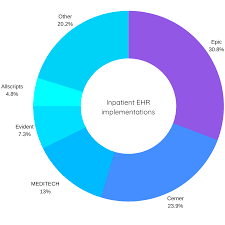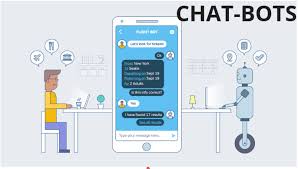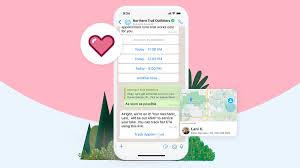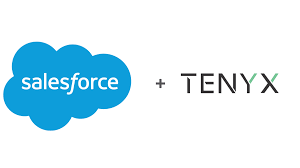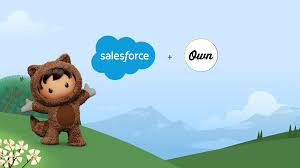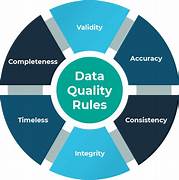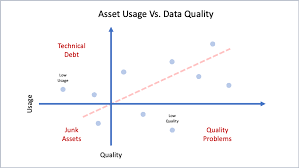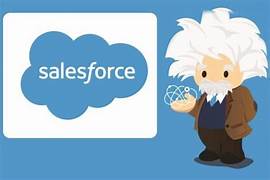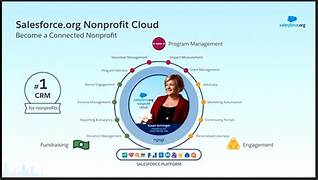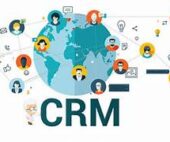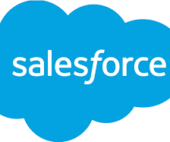Ever had one of those unexpected moments when you reach out to customer service to resolve an issue, and by the end of the conversation, you’ve ended up purchasing something new—and actually feel good about it? Salesforce can help you Create Delightful Experiences. It’s those delightful experiences—when a company truly understands you—that make all the difference. Yet, far too often, these moments are the exception rather than the rule. Why is that? Despite having access to mountains of data from every click, call, and transaction, many companies still fail to create the seamless, personalized experiences that customers expect. In fact, 80% of customers believe their experiences should be better, given the wealth of data available. However, many organizations remain trapped in silos, with marketing, sales, and service teams working in isolation. The data exists, but it’s not being utilized effectively. Siloed data, un-unified data, and restricted access data make your agents seem less emphathetic. Customers expect them to know everything about them there is to know. For CMOs, this presents both a challenge and an opportunity. Positioned at the intersection of every customer touchpoint, many find themselves navigating disjointed strategies from different departments. But what if we could turn the tide? What if every interaction across any channel—whether in marketing, sales, or service—felt like one continuous conversation? From Silos to Synergy: Maximizing Every Customer Interaction The reality is that customers don’t recognize the internal barriers we’ve erected. They don’t care about the silos of marketing, sales, and service; to them, it’s one relationship. What matters most to them is being understood and treated consistently, regardless of whom they are engaging with. Create Delightful Experiences This is where a more unified approach comes into play. It’s not about collecting more data—we already have plenty of that. Instead, it’s about piecing together a puzzle where each interaction reveals a bigger picture. By doing so, we can anticipate customer needs and respond in ways that feel personal and relevant. Consider Fisher & Paykel. By integrating data from their online stores and marketing efforts, they gain a clearer understanding of their customers’ buying habits. Whether someone is a one-time buyer or a frequent shopper, they can tailor the experience accordingly. For instance, if a customer purchases a new fridge, rather than suggesting another fridge during their next visit—as if they were unaware of the previous purchase—the system might recommend relevant accessories like water filters. Plus, with connected device data, they can send timely reminders when it’s time for a replacement part. Now, picture a customer calling in with a service issue. Instead of merely resolving the problem, the representative is empowered by AI to suggest the next best action—perhaps offering a discount on a recently viewed product or an option for self-service. By leveraging AI insights from browsing behavior and purchase history, service teams can present timely offers that build trust and drive future purchases. This transformation turns service interactions into opportunities for building loyalty and generating revenue while ensuring customers feel valued and understood. With customer acquisition costs rising by 60% over the last five years, strategies like upselling, cross-selling, and referral marketing can yield new revenue at a fraction of the cost of traditional channels. The Technology That Ties It All Together None of this is feasible without the right technology. To craft these interconnected experiences, we need systems that consolidate data from every corner of the business. Salesforce’s Data Cloud accomplishes this by centralizing customer data and layering Einstein AI on top to generate meaningful, actionable insights. If your marketing chops are your muscles, your Salesforce org is your tool box. Gone are the days of guessing what customers need—you’ll know exactly when and how to engage them, transforming transactional interactions into those delightful moments that keep customers coming back. Take Air India as an example. Faced with managing over 550,000 monthly service cases within a decentralized system, they utilized Salesforce’s Data Cloud to unify customer data from various sources, providing service teams with a 360-degree view of every passenger. With AI-driven recommendations from Einstein AI, Air India’s teams can offer personalized services, such as seat upgrades during delays or tailored travel deals based on past trips. This approach not only enhances customer satisfaction but also streamlines operations and fosters business growth. The Strategic Imperative for CMOs So, what’s the key takeaway for marketers? We must think beyond our traditional roles and collaborate across the entire customer journey. It’s crucial to advocate for breaking down silos, aligning teams, and integrating data throughout our organizations. However, let’s be realistic: this is easier said than done. Internal politics can complicate efforts to unify departments, with leaders often fixated on their own priorities. The key lies in fostering a spirit of collaboration, not competition—demonstrating to other leaders how a unified approach benefits everyone. By working closely with other departments, marketing can evolve from merely a function into a pivotal part of the broader business strategy, helping to drive consistent customer experiences, increased revenue, and long-term loyalty. The future of marketing isn’t about doing more; it’s about being smarter. It’s about crafting personalized, meaningful experiences that reach the right customers at precisely the right moment, transforming every touchpoint into an opportunity to build lasting relationships. Unified data is the cornerstone of achieving this goal. Ultimately, the companies that understand their customers best will thrive—and that journey begins with us. Create Delightful Experiences with technology and AI for your customers. Like1 Related Posts Salesforce OEM AppExchange Expanding its reach beyond CRM, Salesforce.com has launched a new service called AppExchange OEM Edition, aimed at non-CRM service providers. Read more The Salesforce Story In Marc Benioff’s own words How did salesforce.com grow from a start up in a rented apartment into the world’s Read more Salesforce Jigsaw Salesforce.com, a prominent figure in cloud computing, has finalized a deal to acquire Jigsaw, a wiki-style business contact database, for Read more Health Cloud Brings Healthcare Transformation Following swiftly after last week’s successful launch of Financial Services Cloud, Salesforce has


